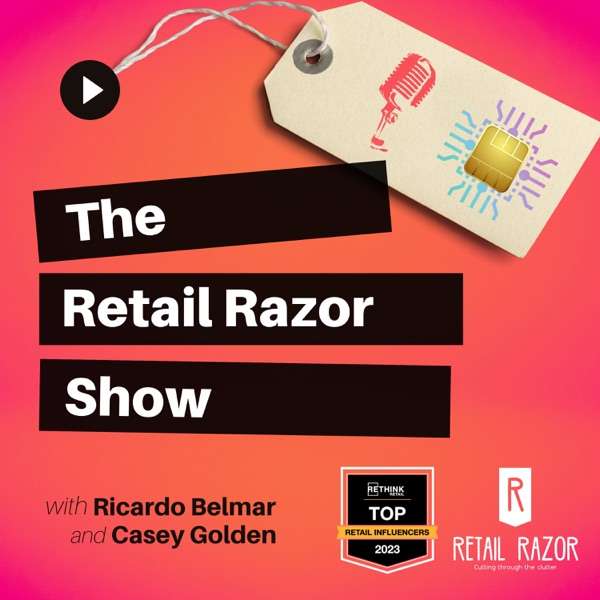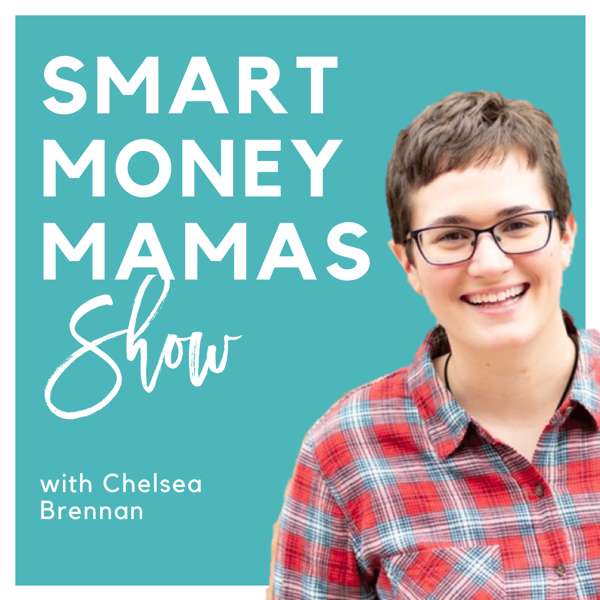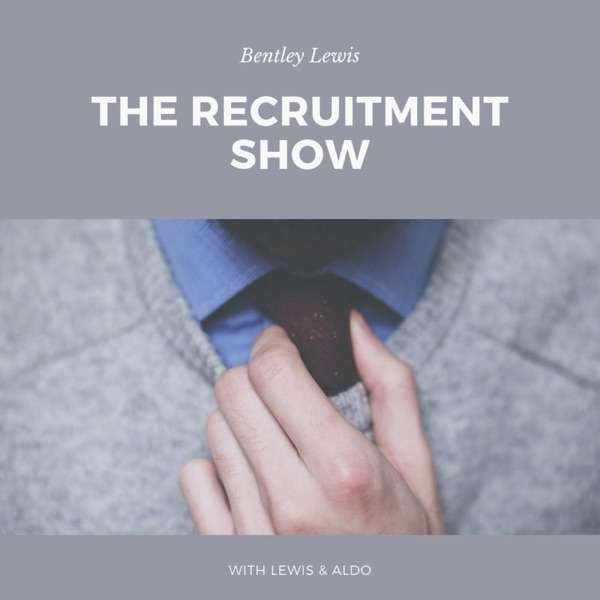什么是永续式结构、其与传统的封闭式10年期基金结构有什么不同之处,而在投资组合中建立私募股权的配置又为什么具有优势?
本期《市场透视》播客节目,我們邀请到来自KKR香港的销售代表Michael Hsu分享他对私募股权(尤其是开放式永续基金结构)的洞见,与我们的亚洲基金专家Simon Song共同解答以上有关永续式私募股权的疑问。
Important legal information:
The information and opinions expressed in this podcast constitute marketing material and are not the result of independent financial or investment research.
Please refer to www.juliusbaer.com/legal/podcasts for further important legal information.
Kohlberg Kravis Roberts & Co. L.P. (KKR) disclaimer:
This podcast is for informational purposes only and should be considered of a general nature. The information in this podcast is current only as of the date published. No undertaking, representation, warranty or other assurance, express or implied, is made or given by or on behalf of Kohlberg Kravis Roberts & Co. L.P. (along with certain affiliates), or any of its respective partners, executives, employees as to the accuracy or completeness of the information or opinions contained in this presentation and no responsibility or liability is accepted by any of them for any such information or opinions. Such information or opinions should not be relied upon and are subject to change without notice. Anyone listening to this podcast should consult their own advisors relating to any investment decision. Statements contained in this podcast that are not historical facts are based on KKR's current expectations, estimates, projections, opinions and beliefs. These statements involve known and unknown risks, uncertainties and other factors and should not be relied upon. There are several risks associated with investments in private equity structures. In addition, any projections or other estimates, including estimates of returns or performance, are “forward-looking statements” and are based on certain assumptions that may change.

 Our TOPPODCAST Picks
Our TOPPODCAST Picks  Stay Connected
Stay Connected







